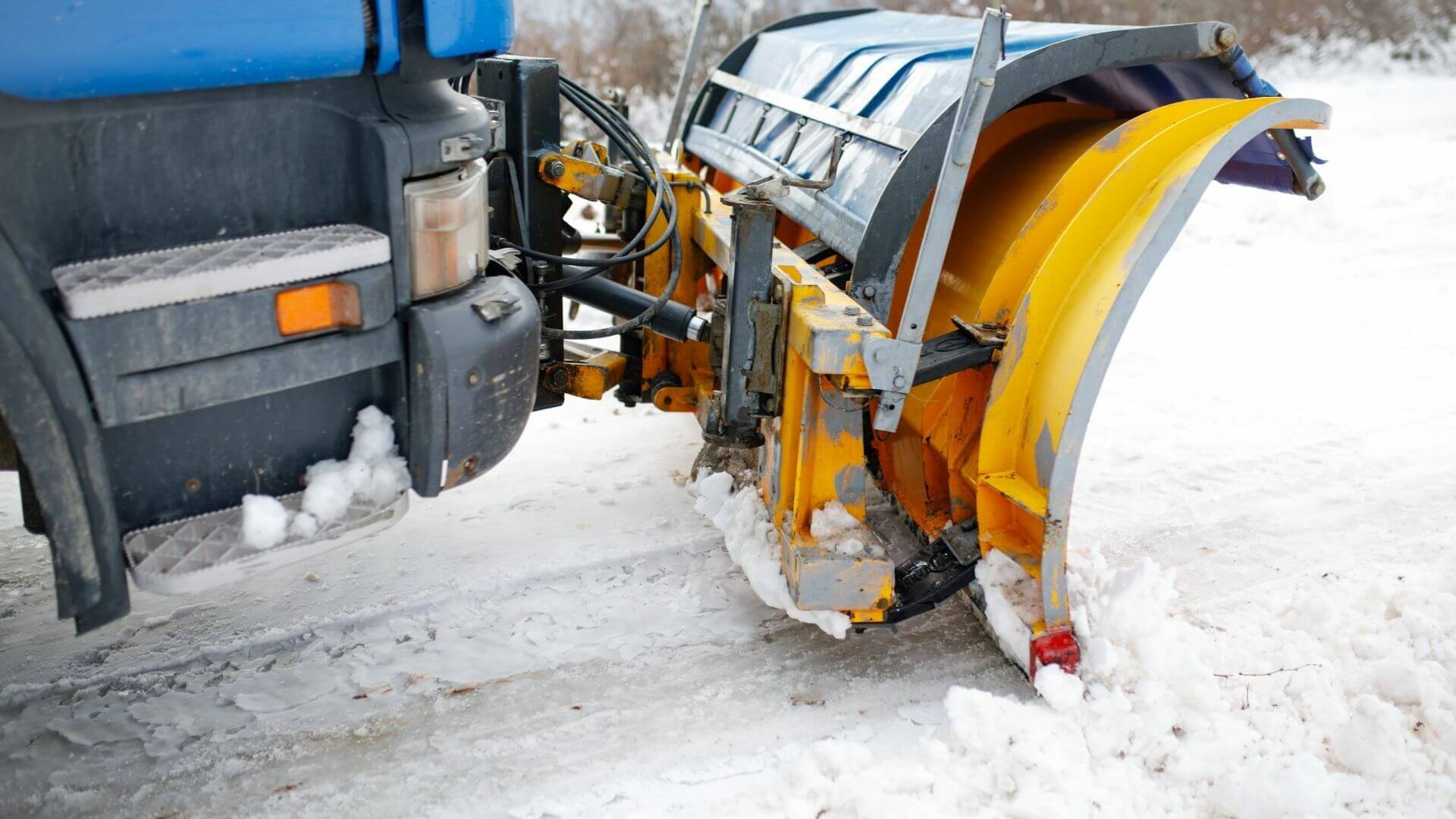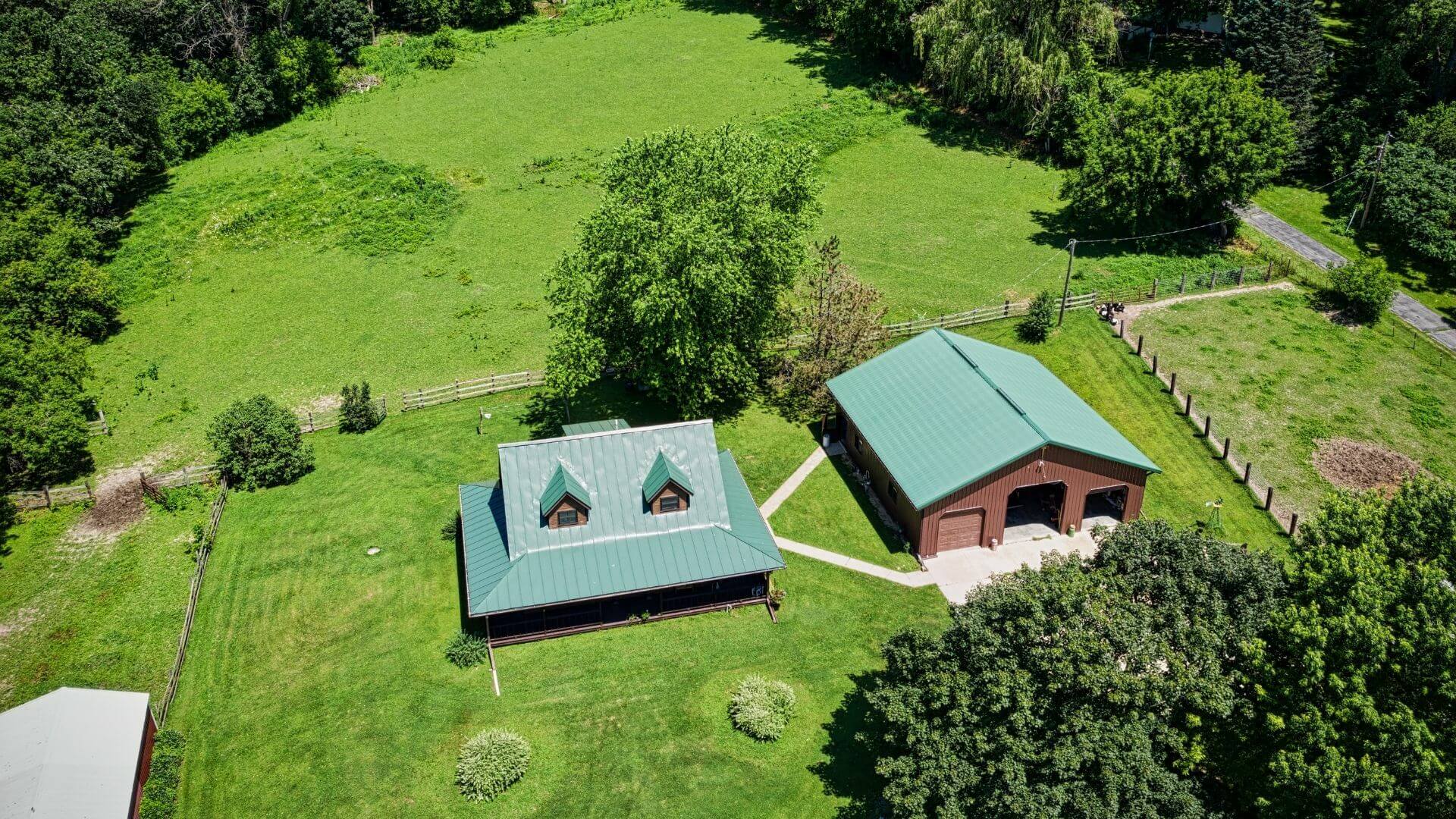How Much Does It Cost Annually to Maintain Hunting Land? A Complete Breakdown for New Landowners
Owning your own piece of hunting land is one of the most rewarding investments an outdoorsman can make. Walking onto your property knowing it’s yours, managing the habitat, and enjoying season after season of hunts is hard to beat. But while the purchase price gets all the attention, the annual costs of maintaining hunting land are what make or break a budget.
At Michigan Whitetail Properties, we’ve worked with countless landowners across the state, and we’ve seen firsthand that ongoing costs are often underestimated. From property taxes to insurance, food plots, and trail maintenance, there’s a lot that goes into keeping land hunt-ready year after year.
So, how much does it cost annually to maintain hunting land? Let’s break it down.
Why Ongoing Costs Matter
 Buying a hunting property for sale is only the first step. Annual expenses determine whether your land remains an asset you love or a burden you regret. Budgeting helps you:
Buying a hunting property for sale is only the first step. Annual expenses determine whether your land remains an asset you love or a burden you regret. Budgeting helps you:
- Avoid surprise bills that can derail your hunting season.
- Keep your property in top shape for deer, turkey, and other game.
- Plan improvements that increase long-term property value.
- Qualify for conservation or tax programs that reduce costs.
The Core Costs of Hunting Land Ownership
These are the expenses almost every landowner in Michigan should plan for each year.
Property Taxes
 Taxes are typically the single largest recurring cost. Michigan’s rural property taxes vary by county and by how the land is classified. A wooded tract enrolled in a conservation program may pay far less than an open parcel taxed as residential.
Taxes are typically the single largest recurring cost. Michigan’s rural property taxes vary by county and by how the land is classified. A wooded tract enrolled in a conservation program may pay far less than an open parcel taxed as residential.
- Typical Range: $7–$25 per acre annually in Michigan.
- Example: 80 acres in Northern Michigan could mean $1,200–$2,000 in property taxes each year.
Pro Tip: Enrolling in Michigan’s Qualified Forest Program (QFP) can reduce property taxes significantly if you agree to follow a forest management plan.
Read Article on Tax Savings: Unlock Major Tax Savings on Michigan Hunting Land with Michigan’s Qualified Forest Program
Insurance
 Even if you never invite guests onto your property, liability insurance is a must. If someone trespasses, gets injured, or if you lease land to hunters, you could be held responsible.
Even if you never invite guests onto your property, liability insurance is a must. If someone trespasses, gets injured, or if you lease land to hunters, you could be held responsible.
- Hunting land liability insurance: $500–$1,500/year depending on coverage.
- Optional coverages: fire, flood, or cabin coverage if you have improvements.
Habitat & Wildlife Management
The beauty of owning hunting land is shaping it to attract and hold more game. But food plots, habitat work, and timber management all cost money.
- Food plots: $200–$1,000+ per acre annually (seed, lime, fertilizer, equipment, fuel).
- Timber stand improvement: $500–$2,000 depending on scope.
- Invasive species removal or prescribed burns: $300–$1,000/year.
Road, Trail & Access Maintenance
 Good access makes or breaks a property. Trails overgrow, culverts wash out, and gravel roads rut over time.
Good access makes or breaks a property. Trails overgrow, culverts wash out, and gravel roads rut over time.
- Annual trail mowing: $200–$500.
- Gravel & grading: $500–$1,500+.
- Equipment upkeep (ATV, tractor, brush hog): $500–$1,000 annually.
Utilities & Improvements
If your land includes a cabin, well, septic, or electrical service, you’ll have recurring costs for upkeep.
- Cabin maintenance: $500–$2,500/year (roofing, repairs, heating).
- Fencing & gates: $200–$800/year.
- Tree stands & blinds upkeep: $100–$500/year.
Optional / Variable Costs
Depending on how you use your land, you may face additional expenses.
Leasing or Guided Hunts
Leasing land can offset costs, but also increases liability and wear-and-tear. Expect higher insurance premiums and maintenance.
Timber or Agricultural Management
- Hiring a forester: $500–$2,000 for a management plan.
- Logging roads upkeep post-harvest: $1,000+.
- Crop input costs if you lease land to farmers (shared responsibility).
Conservation Programs
Michigan and federal programs can reduce taxes or provide cost-sharing for habitat projects, but require compliance and management.
- CRP (Conservation Reserve Program): reduces taxes, but you may need to reseed and maintain cover crops.
- QFP (Qualified Forest Program): reduced taxes but requires periodic inspections and compliance costs.
Michigan-Specific Considerations
 Michigan offers unique opportunities and challenges for hunting landowners:
Michigan offers unique opportunities and challenges for hunting landowners:
- Property taxes: Some of the highest ongoing costs in Southern Michigan counties, lower in the U.P.
- Snow removal: Winter access often means plowing trails or roads, adding $500–$1,500/year.
- Wetlands & flooding: Certain areas require drainage or water management.
- Habitat programs: Michigan DNR offers assistance with food plot seed programs, timber cost-sharing, and wildlife habitat grants.
Cost Ranges by Acreage
Here’s what average annual costs look like for different-sized properties in Michigan:
| Acreage | Taxes | Insurance | Habitat Mgmt | Access/Trail | Total Annual Cost |
| 20 acres | $500–$1,200 | $400–$800 | $200–$600 | $150–$400 | $1,250–$3,000 |
| 80 acres | $1,500–$3,000 | $500–$1,200 | $800–$2,500 | $500–$1,500 | $3,500–$8,200 |
| 160 acres | $3,000–$6,000 | $1,000–$2,000 | $2,500–$5,000 | $1,500–$3,000 | $8,000–$16,000 |
How to Reduce Costs Without Cutting Corners
At Michigan Whitetail Properties, we often advise clients on ways to reduce annual expenses while keeping land in top condition:
- Enroll in QFP or PA 116 tax relief programs.
- Do simple maintenance yourself: mowing trails, planting small food plots.
- Share costs with a hunting club or co-op.
- Offset expenses with timber harvests, farm leases, or hunting leases.
Case Studies
![]() Case A: Small 20-acre Parcel
Case A: Small 20-acre Parcel
- Annual costs: ~$2,000.
- Limited habitat management but steady taxes and insurance.
Case B: 100-acre Managed Property
- Annual costs: ~$7,500.
- Includes food plots, regular trail maintenance, and insurance for guest hunters.
Case C: 160 acres Enrolled in QFP
- Taxes reduced by 40%.
- Costs ~$10,000 annually including insurance, food plots, and cabin upkeep.
Checklist – Budgeting for Annual Hunting Land Costs
Here’s a simple list to keep your budget on track:
✅ Property taxes
✅ Liability insurance
✅ Food plots & habitat management
✅ Trail/road upkeep
✅ Utilities & cabin maintenance
✅ Equipment fuel & repairs
✅ Conservation compliance costs
✅ Emergency reserve (storm damage, flooding, wildfire)
FAQs
What’s the average annual cost per acre to maintain hunting land?
Most Michigan landowners spend $15–$50 per acre annually, depending on taxes, insurance, and improvements.
Can I offset maintenance costs?
Yes — through hunting leases, farm leases, or selective timber harvests.
Do Michigan property taxes vary by use?
Yes. Agricultural or QFP-enrolled parcels may pay less than recreational-only parcels.
Do I need insurance if I don’t lease my land?
We strongly recommend liability insurance for all landowners.
What if I don’t maintain my trails or access?
Overgrown or washed-out access lowers property value and makes hunting difficult — and buyers will notice when it’s time to sell.
Conclusion
Owning hunting land is an incredible investment in lifestyle and legacy — but it comes with real annual costs. Expect to budget anywhere from $1,500 for small parcels to $15,000+ for large, actively managed properties.
At Michigan Whitetail Properties, we don’t just help you find the perfect hunting property for sale — we prepare you for ownership, management, and long-term value.
👉 Ready to see what’s available? Explore our current Michigan hunting land for sale and let’s talk about which property fits your goals and your budget.
 Case A: Small 20-acre Parcel
Case A: Small 20-acre Parcel